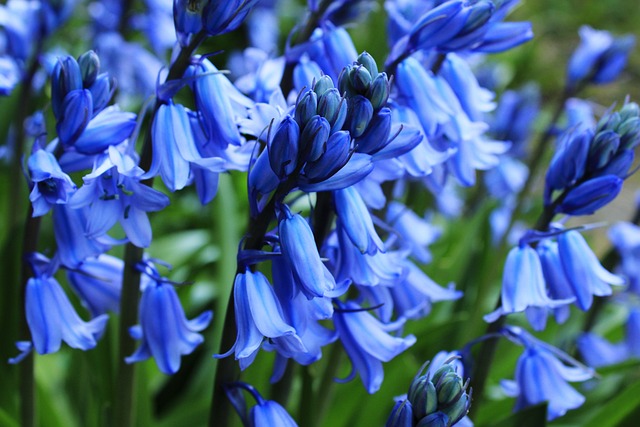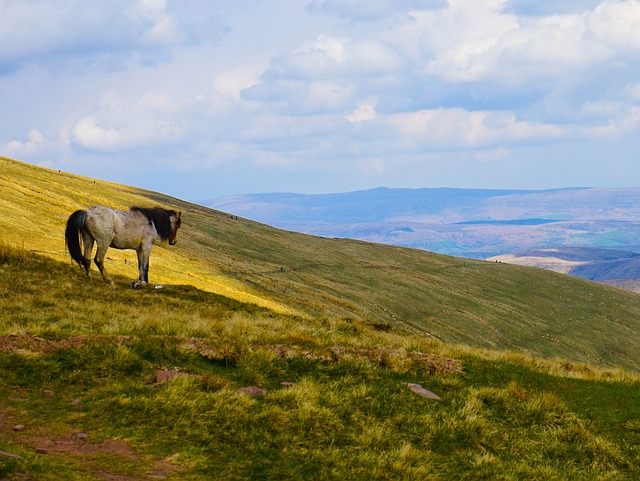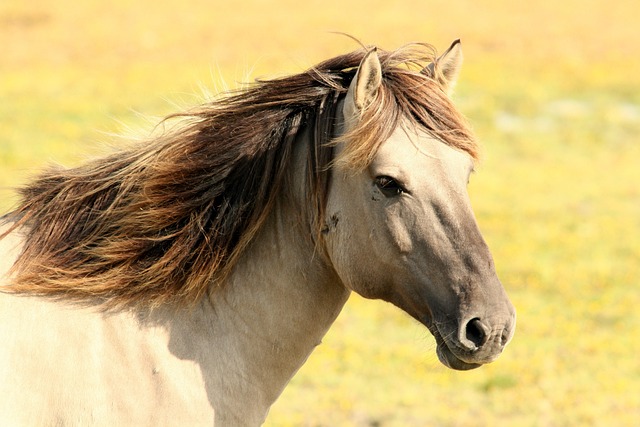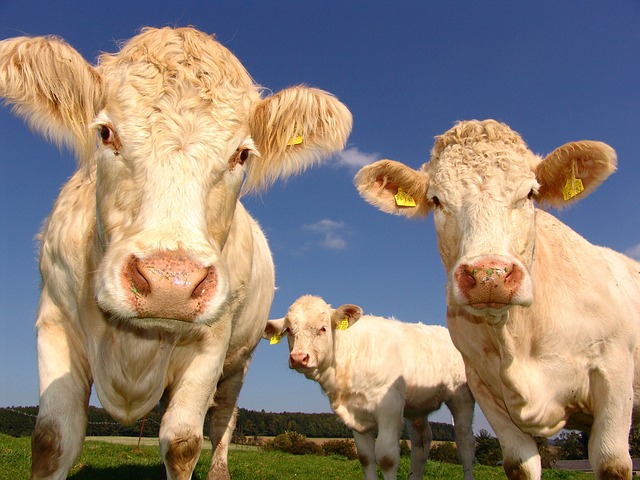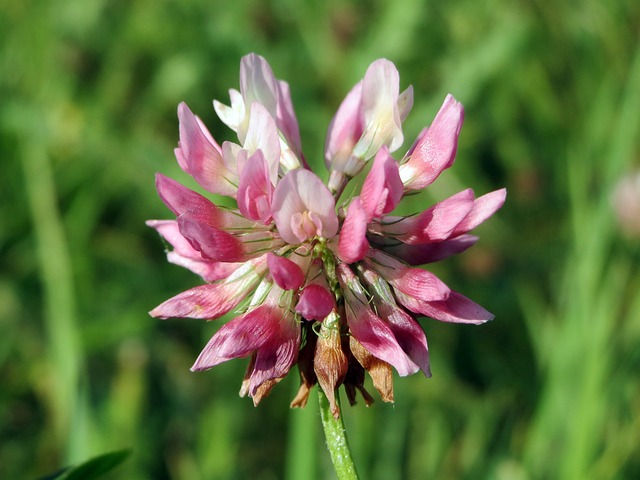
Alsike Clover
February 1, 2023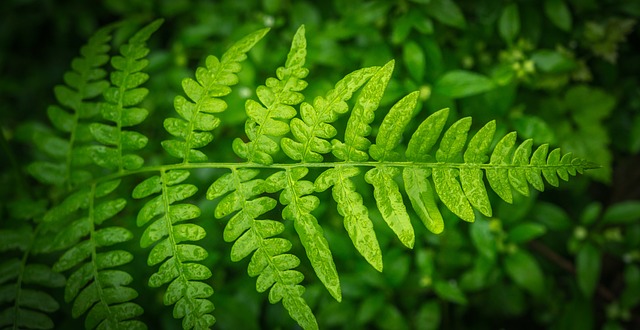
Bracken Fern
February 1, 2023Bluebells are a common wildflower species found in the UK and are known for their beautiful, nodding blue flowers. While bluebells are not toxic to horses, they can be harmful if consumed in large quantities.
The toxic compound in bluebells is lycorine, which can cause digestive upset, vomiting, and diarrhea if consumed in large amounts. Additionally, the bulbs of bluebells are the most toxic part of the plant, so horses that are prone to digging and consuming bulbs should be monitored closely.
Horses that have access to bluebells in their pasture or hay may be at risk for toxicity, particularly if they have limited access to other forage options. It is important to be aware of the presence of bluebells on your property and to supervise your horse’s grazing habits to prevent excessive consumption.
If you suspect that your horse has ingested a large quantity of bluebells, it is important to seek veterinary attention as soon as possible. Treatment will depend on the amount of bluebells consumed and the symptoms shown, but may include medications to support the horse’s digestive function and fluid therapy to prevent dehydration.
In conclusion, bluebells are a beautiful wildflower species found in the UK, but can cause digestive upset if consumed in large quantities. As a responsible horse owner, it is important to be aware of the presence of bluebells on your property and to supervise your horse’s grazing habits to prevent excessive consumption. By doing so, you can help to ensure the health and wellbeing of your equine companion.

